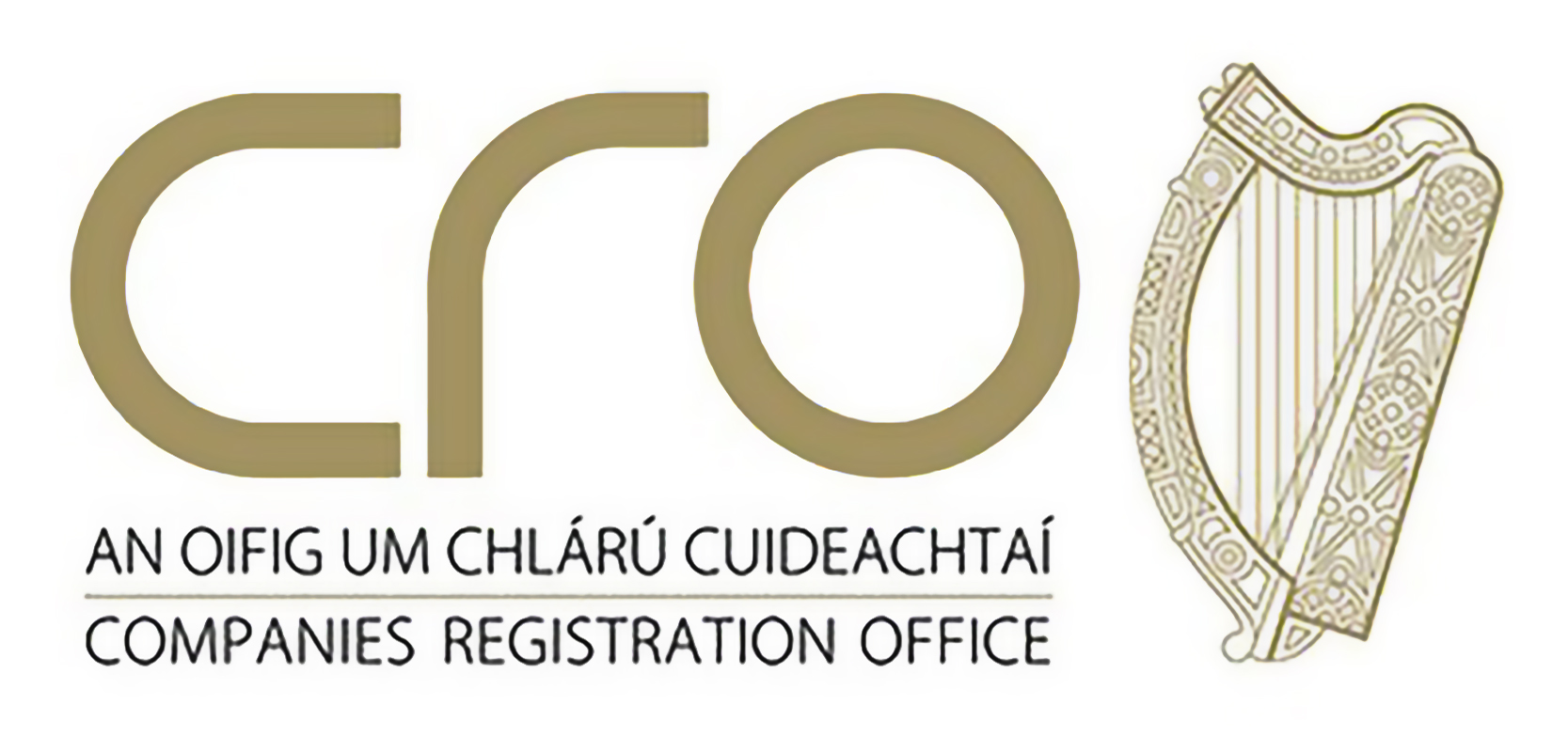When the Local Government (Planning and Development) Act, 1963 came into force in October 1964 all local authorities (except town commissioners) were granted planning powers for the localities under their control. At the same time, it made generally exempt all previous developments, builds and alterations already completed. This in effect made 1964 the de facto starting date for planning regulation and compliance today.
Under these new powers local authorities were obliged to prepare and adopt development plans which would enhance their decision-making policies on physical planning. It also allowed the authorities to take control (by granting or refusing permission) of new developments, building, or alterations (saving exemptions). Moreover, it gave the planning authorities the legal means to decide on planning appeals and enforce their own rulings.
Although planning laws have subsequently been revised under the consolidated Planning and Development Acts 2000 to 2018, the empowered planning authorities have been required since inception to maintain a formal record of all of their decision-making via publicly available planning registers.
It is against these registers that a planning search is conducted.
Why is there a need for purchasing solicitors/conveyancers conducting a planning search during property title investigations?
Under Irish legislation you are required to obtain planning permission for any “development”, i.e., carrying out works (e.g., construction, excavation, demolition, extension, alteration, repair or renewal) in, over, or under land or permission for the making of any “material change” (i.e., matters effecting structure, trees, caravanning use, building-waste storage, change in use, i.e., house to shop conversion, etc.) on or to properties in the State.
Moreover, given that General Condition 35(b) and 31(b) of the Conditions of Sale 2017 and 2019 respectively deem that the purchaser is ‘on notice’ for any matters appearing on the planning register, it is important that the purchasing solicitor/ conveyancer ensures that a planning search is conducted prior to contracts being signed.
Accordingly, the objective of a planning search in title investigation is to provide the purchasing solicitor/ conveyancer with a concise planning history of the property/ right/ interest being purchased.
Furthermore, in cases where solicitors commit to safeguarding the interests of a lender or lending institution, i.e., when a mortgage is in the process of being issued, planning searches are typically carried out. These searches assist purchasers in ensuring that their clients are acquiring a property, right, or interest with a clear and unencumbered title.
What to consider when requesting a search on the planning registers?
When requesting planning searches, you need to appreciate how a law searcher, or their planning agent will engage with the planning registers and other planning material.
The first consideration is how ‘planning applications’ might be identified. Typically searches for planning applications are carried out in two ways.
The first method of searching for planning applications is by location/ address. Here planning agents conduct searches against alpha-numerical indices for location/ address ‘matches’. As such the more exacting and detailed the location descriptor the higher the chances are of successfully identifying relevant applications.
The second method for identifying planning applications is by making a visual comparison between the area of interest and the planning maps held by the local planning authority. As such it is necessary for requests to include a current ordnance survey map with the relevant premises area being cross-hatched, and the outer boundaries of the location clearly marked.
Note:
If you require ‘ORIGINAL’ applications *, while they may be returned by a planning agent as a by-product of conducting a search, they are generally not returned unless specifically requested. Moreover, in order to identify originals some Local Councils require that you supply as many (as possible) of the following:
- The original description of the property, i.e., the site name before it became known by its current address.
- Any relevant application number(s) that you have on file.
- The name of the builder(s)/ applicant(s).
Irrespectively, even if you don’t require originals, supplying the above supplementary information is still of value in assisting laws searchers locate and identify a premises and associated applications.
Lastly, in relation to all other types of planning search registers, a description and map should suffice to complete a planning search.
What will an Ellis & Ellis certified planning search result contain?
While there is no ‘industry standard’ as to what register searches should be performed, broadly the following headings are typically included on a planning search.
Planning Applications (*): –
These record details of all planning applications and permissions granted and / or refused in relation to the property, e.g., development work or material change in use.
Road Widening: –
This register records any road schemes that do or might affect the property. This could include road re-alignment, or the construction of an entirely new road through the sale lands.
Zoning: –
The zoning of any area describes the use to which lands in that area might be put, i.e., land may be designated for residential use; for industrial, commercial, agricultural or recreational use; as open space; or a combination of those uses. This is set out in the planning authority’s development plan or the local area plan (if available).
Enforcements: –
This records details of all enforcement proceedings taken or other notices served under the planning acts in relation to the property, e.g., development which is contrary to the planning laws or the non-adherence to conditions attached to a planning permission **.
CPO’s: –
There are number of state bodies that may forcibly acquire land or property through Compulsory Purchase Order (CPO) without the owner’s consent; such as for infrastructure projects, roads, water, sewage, and other utilities installation deemed to be for the ‘public good’. A search against this register should reveal any orders that do or may affect the property.
Specific Objectives: –
This register records whether a property is a protected structure and / or declared to be an area of specific designation under the planning acts. Any compensation payments relating to the property and / or agreements restricting or regulating the development of the property may also be recorded herein.
Other: –
While building byelaws, tree preservation orders and / or public rights of way searches are also commonly asked for, there are numerous other search types which are available upon request. See https://ellis.ie/planning-searches/
Note: – (*) ‘Original’ applications can also be described as the ‘founding’ application for planning permission for a development.
How should the purchasing solicitor/ conveyancer understand a planning search when investigating title in a property/ right/ interest purchase?
A planning search by a law searcher is not intended to replace a comprehensive report by a qualified engineer. The purchasing solicitor/ conveyancer will still require an Architect’s Certificate of Compliance, which attests that all of the conditions set out in the found permissions, including how the property should be built, are adhered to. Moreover, they will also certify as to whether the lands and buildings for sale match the sale description/ particulars, etc.
Ultimately, as part of their decision-making process, a planning search is strictly intended to inform the purchasing solicitor/ conveyancer on whether their own client is purchasing a property/ right/ interest that (from a planning perspective) has clean title.
Rely on a Reputable Law Search Provider
Considering the substantial consequences outlined above, stemming from the possibility of not conducting a search at all or performing an inadequate or erroneous planning search, it becomes crucial for purchasing solicitors and conveyancers to partner with a trusted law search provider like Ellis & Ellis.
At Ellis & Ellis, our unique combination of a swift and user-friendly ordering platform available at www.ellis.ie, backed by a wealth of over 130 years of professional expertise, and an unwavering commitment to delivering a superior after-sales experience, ensures that our clients receive an unmatched searching service.
Rest assured, Ellis & Ellis provides substantial Professional Indemnity Cover (€10m) for added peace of mind.
Why not become a part of the ever-growing community of users who place their trust in Ellis & Ellis to provide them with a definitive competitive advantage?
Did you find the above information to be of interest? Why not check out one of our other Ellis & Ellis explainers for some related searches below; –









